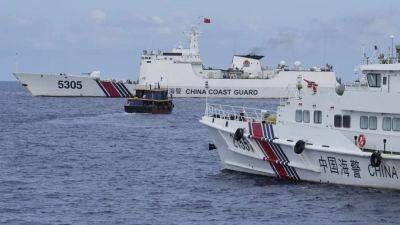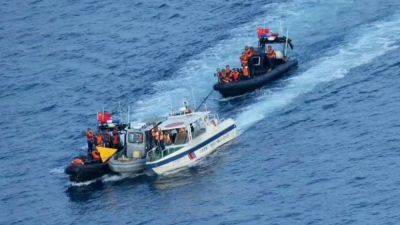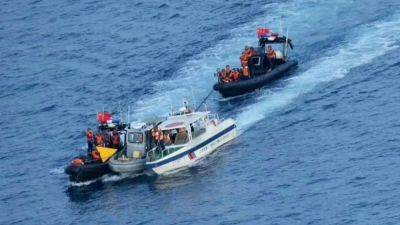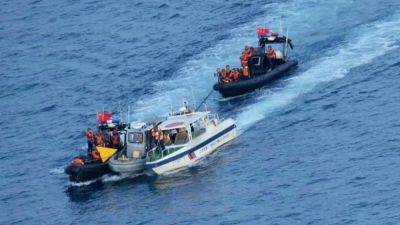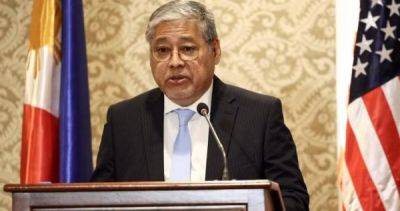Philippines’ Chinese visa clampdown: a response to South China Sea tensions?
The Philippines has imposed an additional requirement for Chinese tourists applying for visas amid Beijing’s implementation of a controversial anti-trespassing regulation in the South China Sea.
Analysts are split on whether the new visa restrictions are a response to Beijing’s threat to detain foreign nationals in the disputed waters, or a security measure aimed at quelling concerns about illegal activities of Chinese nationals in the Philippines.
Representatives of the country’s tourism industry, however, worry that they will have a negative impact on the economy since Chinese tourists are “a major source of income”.
Citing a June 13 directive, Department of Foreign Affairs (DFA) Undersecretary for Civilian Security and Consular Affairs Jesus Domingo said Chinese nationals applying for temporary visitor visas must now submit their Chinese Social Insurance Record Certificates, in addition to proof of financial capacity with employment certificates and bank statements.
The certificate must have been registered for at least six months at the time of the visa application. The directive provides exceptions for Chinese nationals currently enrolled in primary, secondary, or college education, who must submit proof of enrolment, and retirees above 55 years old. It says other exceptions will be considered on a case-by-case basis.
The measure came after the National Security Council dispatched a team to investigate Tuguegarao, the capital of Cagayan province, where some 4,600 Chinese nationals were enrolled in private universities.
According to Domingo, the policy aims to “weed out” the “illegitimate and unsavoury” tourists from the legitimate ones. He said several Chinese citizens had reportedly been involved in organised crimes such


